Gum Disease: Prevention and Treatment for a Healthier Smile
Gum disease, or periodontal disease, is a common but serious oral health condition that affects millions of people. It begins with inflammation of the gums (gingivitis) and, if left untreated, can progress to more severe stages, eventually leading to tooth loss and affecting overall health. However, with the right preventive habits and timely treatment, you can keep gum disease at bay and maintain a healthy, confident smile. Here’s what you need to know about gum disease, how to prevent it, and effective treatment options.
What is Gum Disease?
 Gum disease is an infection of the tissues that hold your teeth in place. It begins when plaque—a sticky film of bacteria—builds up on the teeth and along the gumline. If plaque isn’t removed through regular brushing and flossing, it hardens into tartar, which is difficult to remove and can irritate the gums. This irritation causes gingivitis, the first stage of gum disease, characterized by red, swollen gums that may bleed when brushing or flossing.
Gum disease is an infection of the tissues that hold your teeth in place. It begins when plaque—a sticky film of bacteria—builds up on the teeth and along the gumline. If plaque isn’t removed through regular brushing and flossing, it hardens into tartar, which is difficult to remove and can irritate the gums. This irritation causes gingivitis, the first stage of gum disease, characterized by red, swollen gums that may bleed when brushing or flossing.
If gingivitis isn’t treated, it can progress to periodontitis, a more advanced stage of gum disease. Periodontitis damages the gum tissue and supporting bone, creating pockets around the teeth that trap bacteria. Over time, this can lead to bone loss, loose teeth, and even tooth loss.
Preventing Periodontal Disease
Preventing gum disease starts with a solid daily oral hygiene routine and regular dental care:
- Brush Twice Daily: Brushing your teeth at least twice a day removes plaque and reduces the buildup of bacteria that can lead to gum disease. Use a soft-bristled toothbrush and fluoride toothpaste, and gently brush along the gumline to avoid irritating your gums.
- Floss Daily: Flossing removes plaque and food particles between the teeth, areas your toothbrush can’t reach. Make flossing a daily habit to keep gums healthy and prevent bacteria from accumulating.
- Rinse with Mouthwash: Antibacterial mouthwash can help reduce bacteria in the mouth, lowering the risk of gum disease. Rinse after brushing and flossing to keep your gums clean and fresh.
- Schedule Regular Dental Checkups: Regular dental cleanings and exams allow your dentist to detect early signs of periodontal disease. Professional cleanings remove tartar buildup, which you can’t remove on your own, and reduce the risk of gum inflammation.
Treating Periodontal Disease
If you already have signs of gum disease, early treatment can stop it from progressing. Common treatments include:
- Scaling and Root Planing: This deep-cleaning procedure removes tartar and bacteria from below the gumline and smooths the root surfaces, making it harder for bacteria to accumulate. Scaling and root planing help gums reattach to the teeth, reducing pocket depth and controlling the infection.
- Antibiotic Therapy: For more advanced cases, your dentist may use antibiotics to eliminate bacteria from the gum pockets. Antibiotics can be administered as a mouth rinse, gel, or directly into the gum pockets after scaling and root planing.
- Surgical Options: In severe cases, your dentist may recommend surgical procedures, such as flap surgery or grafts, to reduce pocket depth or regenerate lost bone and tissue. These procedures help restore support to the teeth and protect against further damage.
Take Control of Your Gum Health
Periodontal disease is preventable and treatable when caught early. By practicing good oral hygiene, visiting your dentist regularly, and seeking timely treatment when needed, you can protect your gums and maintain a strong, healthy smile. Don’t wait for gum disease to progress—take action today to ensure a lifetime of oral health and confidence.
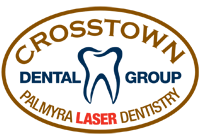
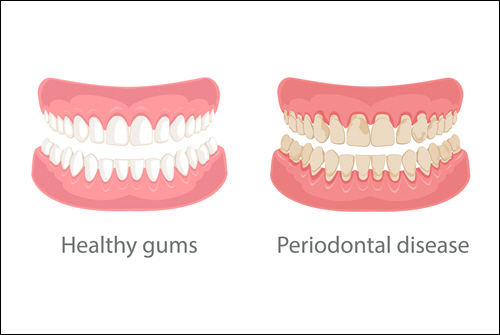

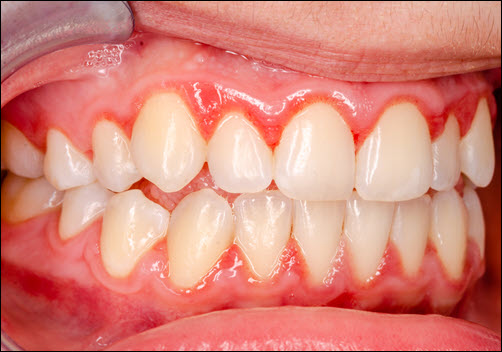 Gingivitis often creeps up without any pain, so it’s essential to be aware of its symptoms:
Gingivitis often creeps up without any pain, so it’s essential to be aware of its symptoms:
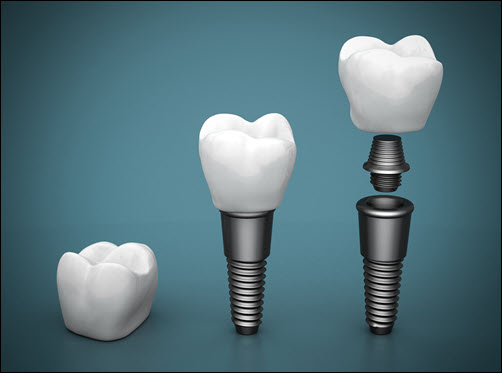 Bone Density
Bone Density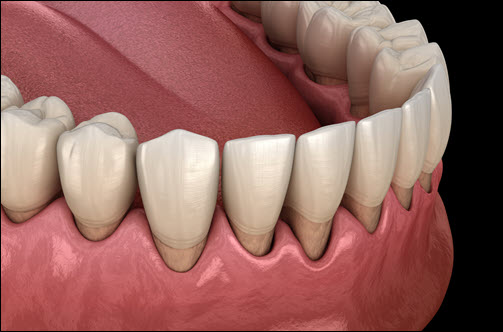
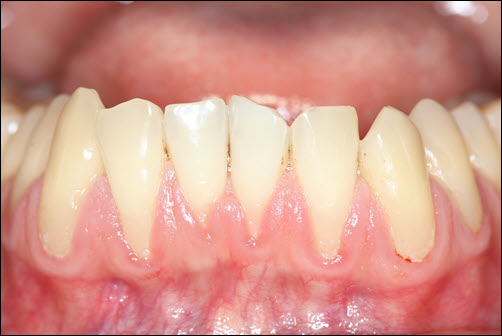 Braces – As braces realign the teeth, it can sometimes cause gum recession.
Braces – As braces realign the teeth, it can sometimes cause gum recession.